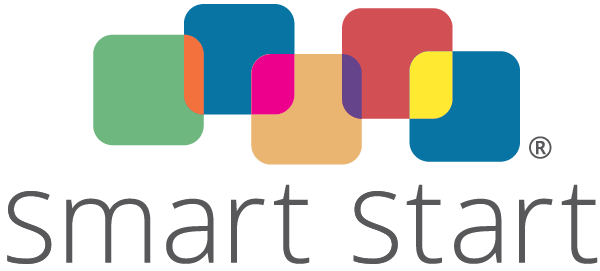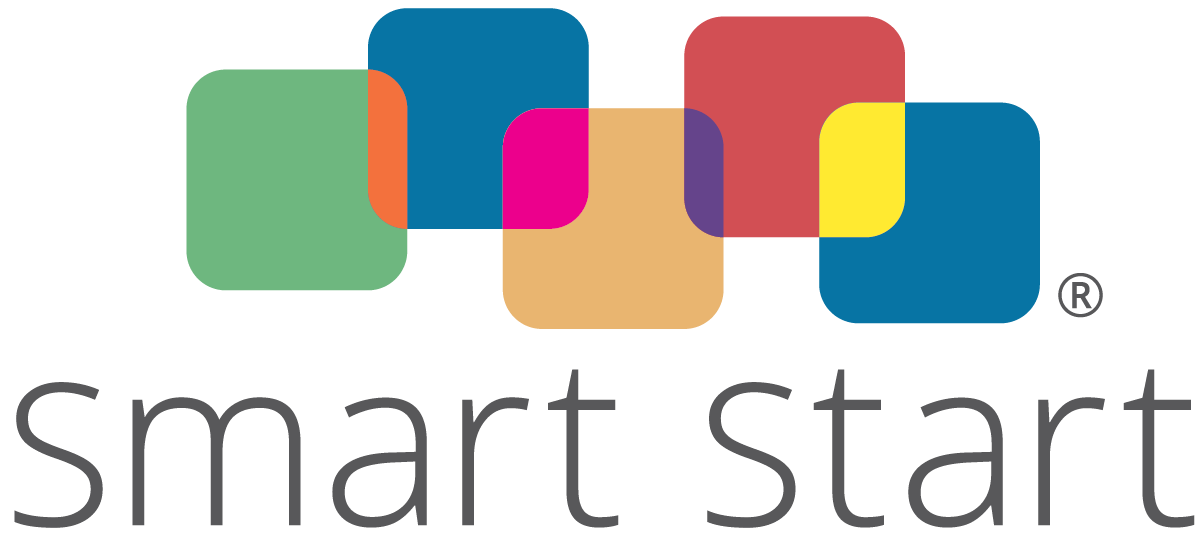NC voters opposed to early childhood funding cuts
From Public Policy Polling:
Overwhelming support from independent voters gave Republicans control of the Legislature following this month’s election. Now they have a message for the new party in power: don’t touch funding for early childhood education.
North Carolina voters are opposed to cuts in funding for early childhood care and education for children birth through age five, and they say they’d punish legislators who support such cuts at the ballot box. 56% of voters say the General Assembly should stay away from making cuts to early childhood programs to only 25% who think that’s a good place to cut spending. And 50% of voters say they’d be less likely to vote for an official who supported such cuts, compared to only 29% who say they would view that as a positive.
The critical independent voters who tend to swing North Carolina elections from one year to the next are particularly opposed to early childhood cuts. 59% say funding should not be reduced with only 21% supportive. More ominous for legislators who might see early childhood programs as a place to make cuts is that 58% of them say they’d punish an official who supported doing that at the polls while only 17% say that would make them more inclined to support someone.
There is a bipartisan consensus in opposition to cutting funding for early childhood programs. Beyond the numbers with independents, Democrats strongly oppose reductions by a 68/21 margin, and Republicans are slightly opposed as well 39/33.
There is not a single subgroup of the electorate by ideology, gender, race, age, or region within the state that supports making cuts in this area. Women, blacks, and the middle aged voters most likely to have young children are particularly strong in their opposition.
“Strong early childhood programs are one of North Carolina’s hallmarks and have consistently proven to be very popular with voters in the state,” said Dean Debnam, President of Public Policy Polling. “Legislators who go after them face trouble back at home for doing so.”
PPP surveyed 517 North Carolina voters from November 19th to 21st. The survey’s margin of error is +/- 4.3%. Other factors, such as refusal to be interviewed and weighting, may introduce additional error that is more difficult to quantify.


